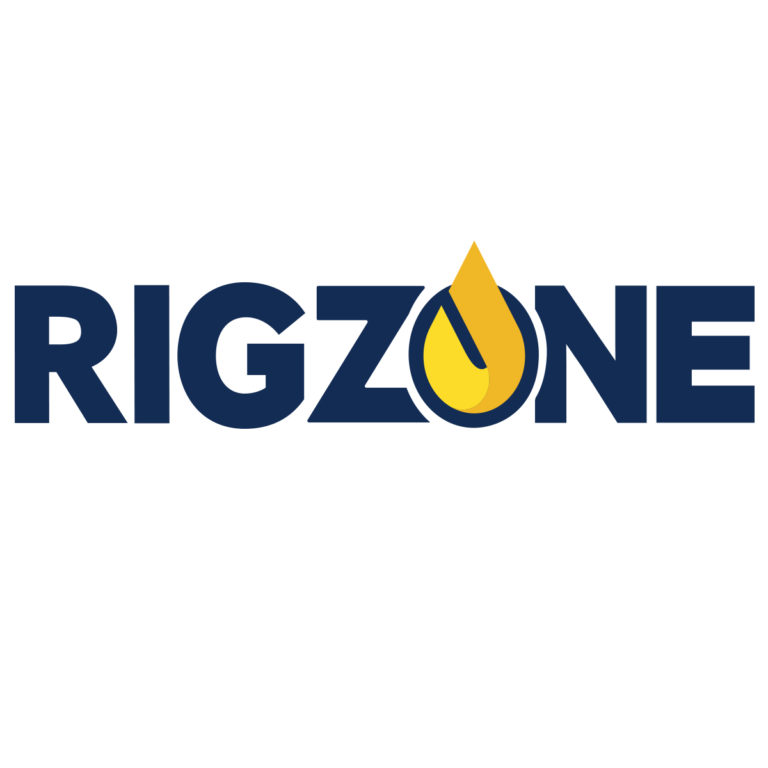
Geopolitical Wrangling Leaves European Gas Market Whiplashed

Months of geopolitical wrangling have left the European gas market whiplashed, with volatile prices stemming from lack of supply, potential market intervention, and wider uncertainty.
That’s what Rystad Energy Senior Analyst Zongqiang Luo said in a market note sent to Rigzone this week, adding that, in the view of most experts and policymakers, the gas market is broken.
“But how it should be supported or fixed is an ongoing conversation with no clear resolution in sight,” the analyst said.
“What is certain is that the European gas market is unrecognizable from a year ago. In the past month, gas has traded in the range of $195 to $346 per megawatt-hour, which corresponds to an oil price of between $331 and $588 per barrel,” Luo added.
“Gas is now the most important commodity in Europe,” Luo continued.
In the note, Luo highlighted that Germany spent about $35.35 billion (EUR 35.39 billion) in 2021 on imported pipeline gas at the German border, or about one percent of the country’s gross domestic product (GDP). This year Germany had already spent $30.80 billion (EUR 30.84 billion) on gas at the half-year mark due to the soaring gas prices, according to government agency BAFA, Luo pointed out.
“If this continues, the country is on track to double its expenditure on gas by the end of this year,” Luo said.
“Replacing just half of the gas flows from Russia will be a monumental task requiring huge investment and time. The role of gas in the European power mix is assured for decades to come, but without a restoration of Russian flows or increased supply from elsewhere, it will likely feature less,” Luo added.
EU Leaders Struggling to Mute Energy Crisis
The European Commission and European leaders are struggling to mute an energy crisis that has already created economic turmoil across the continent and added huge energy cost pressure to millions of gas and electricity consumers, Luo stated in the note.
“EU members held a meeting on 9 September to discuss imposing price caps on gas imports. It is still unclear whether a price cap would be applied to all gas imports, however,” he said.
“Most EU members seem more inclined to favor a proposal to impose a feasible price cap on all gas imports rather than only on Russian gas, as the European Commission suggested originally,” he added.
Expansion of the existing Iberian gas price cap measure to cover all of the EU level may not work, however, Luo warned.
“Subsidies of EUR 8.4 billion [$8.39 billion] were set aside to support the Iberian gas-fired plants, compensate their electricity production cost, and eventually reduce the customers’ electricity bills. However, this measure could potentially increase gas consumption rather than reducing it,” Luo said.
“Compared to the same period in 2021, the total Spanish power generations are 24.9 TWh and 23.9 TWh in July and August respectively, which represents 17 percent increase (or about 3.6 TWh) for both months in 2022,” Luo added.
“This power demand growth is primarily supported by the surging gas-fired generation with the jump of 72 percent (or 3.6 TWh ) and 54 percent (or 2.8 TWh) respectively in July and August this year after the Iberian gas price cap took effect in mid-June, according to Spanish power generation monitor,” Luo continued.
Imposing a direct windfall tax would also not be an ideal option, as such a measure would only transfer profits from companies to governments, Luo stated.
“The result could be frustrated shareholders of the oil and gas companies and potentially lower willingness to invest in new oil and gas developments ahead,” Luo noted.
European Gas and Power Prices
In a market note sent to Rigzone late Monday, Rystad Energy Senior Analyst Fabian Ronningen said European gas and power prices continued to fall last week due to uncertainty on how the potential EU market intervention will impact the market.
In a previous note sent to Rigzone back on August 31, Ronningen said it was confirmed that August was the most expensive month ever for power in Europe on the back of surging gas prices.
“European policymakers are now considering market intervention to curb the skyrocketing prices and protect European private consumers and businesses,” Ronningen stated back in August.
“European electricity prices accelerated further over the last week, and it’s now clear that August will be the most expensive month ever for electricity in all major European markets,” he added.
To contact the author, email andreas.exarheas@rigzone.com
Published at Thu, 15 Sep 2022 01:46:31 -0700



